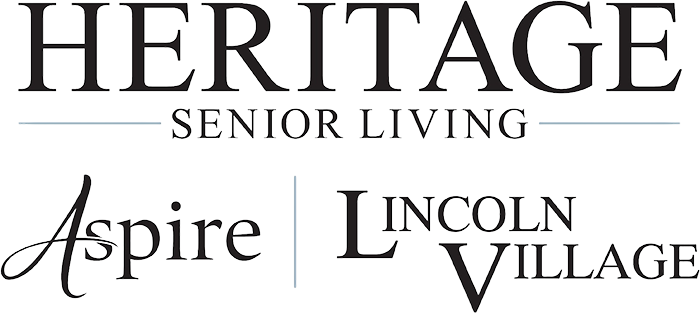
Family and caregiver participation substantially improves care outcomes for your loved one. The right assisted living community in New Berlin, WI, makes a significant difference. Your understanding of how family involvement affects resident well-being will help you make better decisions.
This piece will help you build and maintain vital connections that support your loved one’s well-being. Heritage Deer Creek stands ready to help you understand your essential role in your loved one’s care, whether starting your search or reviewing your current situation.
The Importance of Collaboration
The exceptional care of seniors depends on teamwork between caregivers and family. Studies show that patients feel more satisfied with their care when families team up with care teams.
Here’s how good teamwork makes care better:
- Care teams learn about residents’ priorities, routines and medical histories
- Families can make better decisions about their loved one’s care
- Everyone stays connected through clear communication
- Care plans can adapt to changing needs
Shared partnerships create chances for everyone to have a say in decisions. Communities that build strong family involvement policies consistently deliver better care outcomes. The positive effects go beyond just improving care. A supportive environment develops when families and caregivers collaborate, boosting everyone’s emotional well-being. Care strategies improve through honest feedback and open conversations to support both residents and their families.
Teamwork helps meet specific needs, too. Caregivers support both families and residents to ensure service values and personal priorities. Collaboration brings families and care providers together as one team. They share the goal of achieving the best results for their loved ones. This partnership approach particularly helps seniors who need specialized care or manage multiple health conditions.
Building Effective Communication Strategies
Here are key practices to boost how well we communicate:
- Active Listening: Focus on both verbal and non-verbal cues to understand the complete message
- Clear Expression: Use simple, direct language rather than medical jargon
- Documentation: Keep detailed records of important conversations and care plans
- Visual Aids: Use pictures or written notes for complex topics
Research shows good communication leads to happier patients. Proper communication channels help families coordinate care needs and ensure their loved ones get the right support.
Modern caregiving relies heavily on technology. Smartphone apps and video calling platforms help families stay connected and track care progress. These tools work particularly well when sharing information and keeping in touch with healthcare providers.
Families dealing with language barriers can benefit from specialized communication tools. Studies show that language barriers can hurt care quality by affecting understanding. Using translation services or bilingual resources is vital to ensure clear communication.
Note that non-verbal communication matters just as much as spoken words. Good eye contact, appropriate gestures and attention to body language can create stronger bonds between caregivers and residents.
Understanding the Emotional Journey
The decision to move a loved one to an assisted living community is a deeply emotional experience for everyone involved. For the individual moving, it’s a significant life change, often accompanied by feelings of loss, uncertainty and fear of the unknown. They might struggle with leaving their familiar home and routines and grapple with a sense of diminished independence.
For family members, the emotional journey is equally complex. There’s the weight of responsibility in making such a crucial decision, often accompanied by feelings of guilt, even when it’s the best choice. The stress can be overwhelming, especially when balancing caregiving with work and personal life. Studies show a significant portion of family caregivers experience heightened stress. However, it’s essential to remember that this transition can also open up new opportunities for quality time and meaningful connection.
The strength of family relationships plays a vital role in easing this transition. Open communication, shared decision-making and mutual support are crucial. When siblings, children and other family members work together, it creates a network of emotional resilience. Knowing that you’re not alone in this journey can significantly reduce feelings of overwhelmness.
At Heritage Deer Creek we recognize these emotional complexities are paramount. That is why we create a welcoming and supportive environment for the resident, as well as providing resources and emotional care services to help families navigate this transition. By fostering strong connections and providing comprehensive support, our community aims to ease the emotional burden and create a positive and fulfilling experience for everyone involved.
A Lasting Positive Effect
Family involvement is the lifeblood of exceptional senior care, which creates lasting positive effects for residents in assisted living communities. Studies show that strong collaboration leads to improved overall well-being. Heritage Deer Creek recognizes the vital connection between family involvement and resident well-being. We provide complete support for both residents and their families. Our team stands ready to help you learn more about our approach to assisted living in Deer Creek, WI. Call us today at (414) 425-7155 to learn how we can support you and your loved one.





